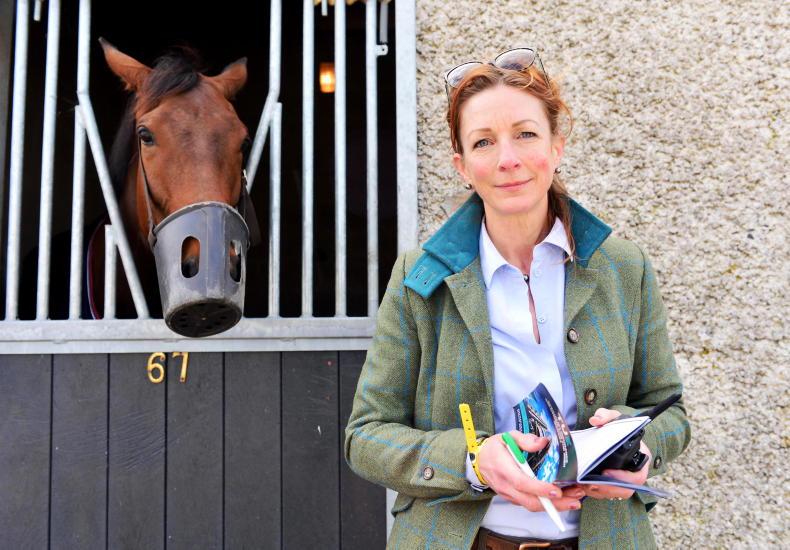THE number of horses tested for prohibited substances in pre-race tests on Irish tracks will increase this year. The move has been flagged by the Irish Horseracing Regulatory Board in its latest Equine Anti-Doping Report.
IHRB chief veterinary officer Dr Lynn Hillyer said: “Further changes to raceday sampling will be introduced in 2023 to include increased routine pre-race testing on a risk-based and intelligence-led basis with an element of random, which is consistent with other leading racing jurisdictions.”
Pre-race testing was introduced by the IHRB in 2021 but, following concerns raised by the Irish Racehorse Trainers Association over how horses could have their performances affected by the taking of a blood sample close to race time, it was agreed that in selected races all horses would be tested rather than some. This would ensure that no horse would be at a disadvantage, the trainers believed.
However, this policy made it difficult for the IHRB to carry out pre-race tests in races which had very large fields due to time pressures. The IRTA has now taken a more relaxed view on pre-race testing and is happy to see Irish racing fall in line with other jurisdictions.
There were 11 cases of prohibited substances being found in samples taken from thoroughbreds by the IHRB last year. Five were on racedays, four were on inspections and two were in point-to-points.
This represented 0.2% of the 5,417 samples taken by IHRB officers across racemeetings, point-to-points, training yards and out-of-competition locations, such as stud farms or pre-training facilities.
The total number of samples taken in 2022 was down 9% on the previous year but the IHRB says that 320 of the samples taken were “subjected to further analysis beyond standard practice as we continue developing and refining our approach to raceday and out-of-competition testing.”
LGC Laboratories in Newmarket currently provide laboratory services to the IHRB and this will go out to tender this year.
The IHRB has also flagged to trainers that there is an international move among racing authorities to introduce more specific restrictions around the use of clenbuterol on racehorses.
A prohibited substance on racedays, clenbuterol is used in equine practice to manage lower respiratory disease by widening the airways and so facilitating airflow. Further details on new regulations will be published in due course, says the IHRB.


 This is a subscriber-only article
This is a subscriber-only article
 It looks like you're browsing in private mode
It looks like you're browsing in private mode









SHARING OPTIONS: